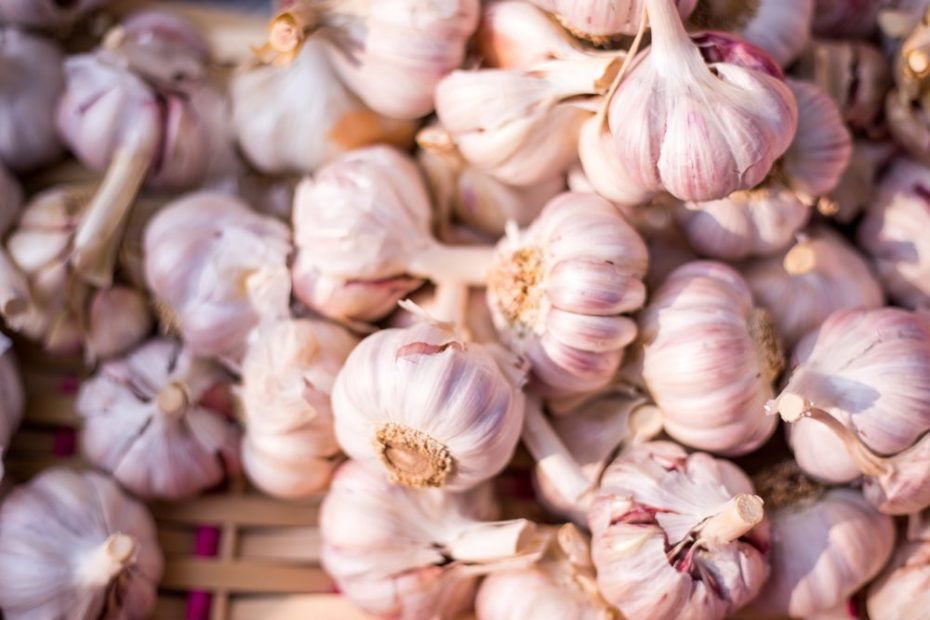Did you know that you have a thriving community of bacteria in your gut that don’t make you ill but in fact keep you far from it? Through simple changes to your shopping list you can help these bacteria to thrive in your body, and in return they’ll decrease the risk of multiple diseases – such as obesity and type 2 diabetes (1). Check out the foods below and keep your gut in check!
1. Oats
Porridge lover? Granola enthusiast? You’re already on the right track in eating oats. The grain has been shown to be a source of prebiotics – being high in fibre, it allows healthy gut bacteria to flourish. (2) This household ingredient doesn’t contain bacteria but encourages good bacteria to grow. Next time that you consider breaking your fast with a sugary, processed cereal, make yourself some overnight oats, porridge, or granola instead.
2. Cheese (with live cultures)
You might have not seen this one coming – cheese being notoriously demonised in the media. If you are eating ultra-processed cheeses such as the yellow plastic-like slab on your classic fast food burger, this villainisation is justified! However, if you are a fan of aged cheeses, such as gouda, parmesan and cheddar, you’ll be happy to know that some contain probiotics. Probiotics are healthy bacteria that your gut is more than welcome to have as guests. Various cultures such as Lactobacillus have been shown to survive and thrive in these cheeses, just make sure you check the labels while you’re shopping to see that they’re listed as being in there! (3) Indulge in a cheese board with some seeded bread to give your gut a health kick.
3. Fruits – Apples, Berries
Why does an apple a day actually keep the doctor away? One reason could be because apples have a load of pectin, a fibre that increases the amount of Lactobacillus in your gut! A study has shown that consuming apples daily gets these good guys growing, and decreases the abundance of others, like Enterobacteriaceae and Pesudomonas. (4) Keep berries in your fridge too – evidence suggests that molecules known as polyphenols in cranberries and blueberries improve gut health by interacting with good bacteria. (5) Chuck apples and berries in your smoothies, on top of your pancakes or porridge!
4. Garlic and onions
Your staple cooking ingredients for a flavour punch in your lunch also happen to be insanely healthy! Garlic and onions are another brilliant source of prebiotics to get the good bacteria in your gut flourishing. No one can hold you back anymore from chucking in a generous helping of garlic cloves to your dishes – get your garlic breath on!
5. Broccoli
The green vegetable definitely deserves its hype as superfood. Your gut relies on the right ratio of gut bacteria, of Firmicutes and Bacteroidetes, to stay happy and functioning – and broccoli can help sort that for you. (6) One study has shown that consuming broccoli reduced the amount of Firmicutes and increased the amount of Bacteroidetes in the gut. (7) Having an increased amount ofBacteroidetes has been shown to reduce the risk of diseases such as obesity. (8) Add this adaptable veg as a staple in your fridge, and enjoy it in your buddha bowl, in soups, or even in a breakfast smoothie!
6. Kefir
A yoghurt drink that contains Lactobactillus – Kefir is a cocktail of goodness for your gut. Known for its tangy taste, it isn’t everyone’s cup of tea at first, but we promise you that you can make it a regular ingredient in your meals! Add it to tzatziki with some delicious chicken kebabs, to your smoothies, or eat it with granola in the morning.
References
1. Ley RE, Turnbaugh PJ, Klein S, Gordon JI. Microbial ecology: human gut microbes associated with obesity. Nature. 2006;
2. Pandey KR, Naik SR, Vakil BV. Probiotics, prebiotics and synbiotics-a review. J Food Sci Technol. 2015;
3. Ganesan B, Weimer BC, Pinzon J, Dao Kong N, Rompato G, Brothersen C, McMahon DJ. Probiotic bacteria survive in Cheddar cheese and modify populations of other lactic acid bacteria. J Appl Microbiol. 2014;
4. Shinohara K, Ohashi Y, Kawasumi K, Terada A, Fujisawa T. Effect of apple intake on fecal microbiota and metabolites in humans. Anaerobe. 2010;
5. Khanal R, Howard LR, Prior RL. Urinary excretion of phenolic acids in rats fed cranberry, blueberry, or black raspberry powder. J. Agric. Food Chem. 2013;
6. Han Y, Xiao H. Whole Food-Based Approaches to Modulating Gut Microbiota and Associated Diseases. Annual Review of Food Science and Technology. 2020;
7. Kaczmarek JL, Liu X, Charron CS, Novotny JA, Jeffery EH. Broccoli consumption affects the human gastrointestinal microbiota. J. Nutr. Biochem. 2019;
8. Singh, R.K, Chang, HW, Yan, D. Influence of diet on the gut microbiome and implications for human health. J Transl Med. 2017;
